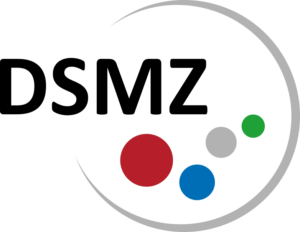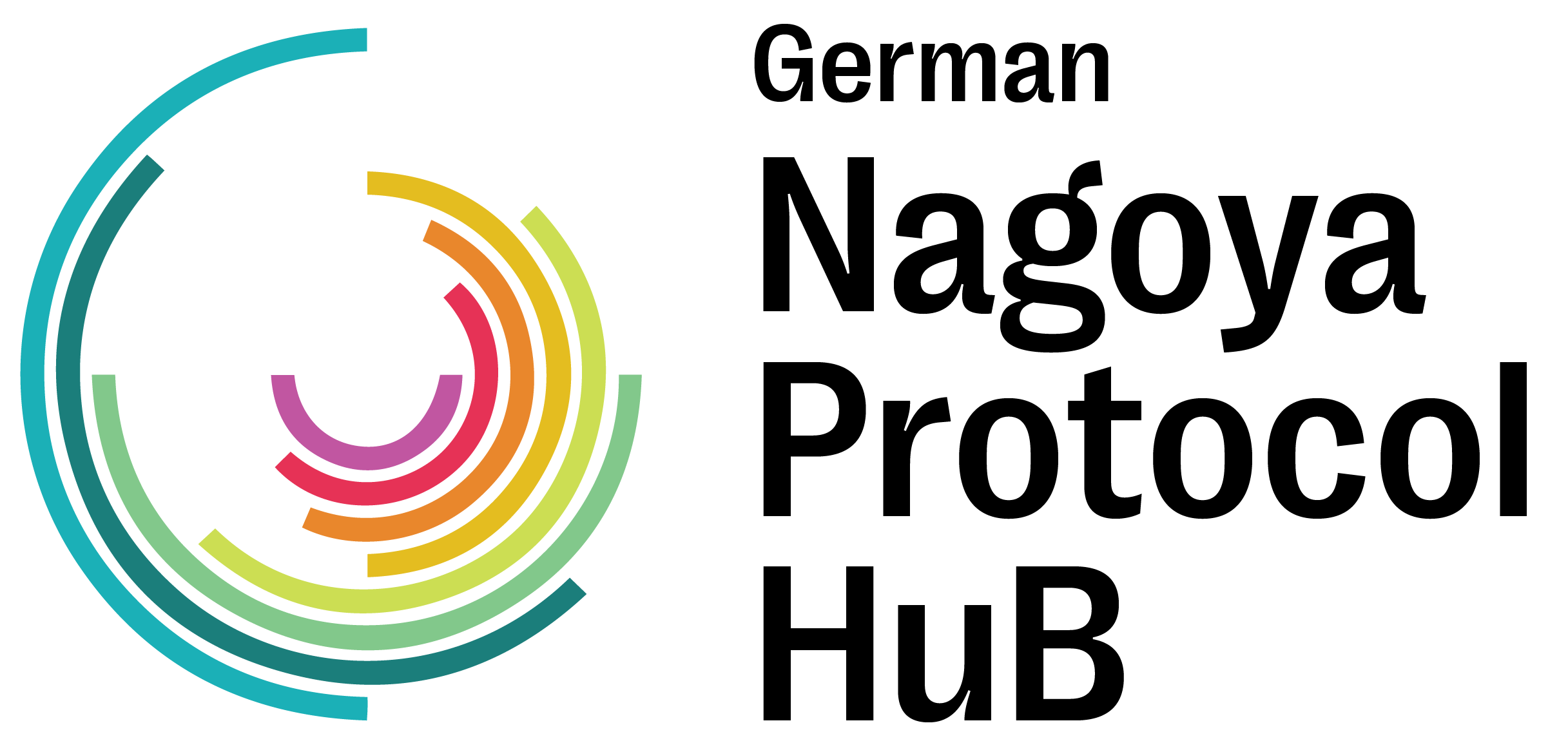What is the German Nagoya Protocol HuB?
The German Nagoya Protocol HuB, or GNP HuB for short, is a project financed by the German government.
Why “HuB”? HuB stands for “Hilfe und Beratung” (“help and guidance” in English). The project aims to help academic researchers in Germany with understanding Nagoya Protocol compliance.
We provide information about:
- access and benefit-sharing (ABS) in countries that provide biological material (“genetic resources”) for research; and
- the EU ABS Regulation, Implementing Regulation, and corresponding German law.
Who’s implementing the project?
Leibniz Institute DSMZ-German Collection of Microorganisms and Cell Cultures GmbH
The GNP HuB project is being led and managed  by the Leibniz Institute DSMZ-German Collection of Microorganisms and Cell Cultures GmbH (DSMZ). DSMZ is a member of the Leibniz Association and the Leibniz Research Alliance Biodiversity (LVB). It is the most diverse biological resource center in the world with more than 84.000 bioresources, including bacterial strains, human and animal cell lines, plant viruses and antisera, bacteriophages, and different types of bacterial genomic DNA. It holds 80% of all known bacterial type strains and has one of the highest numbers of microbial patent deposits in Europe and the world.
by the Leibniz Institute DSMZ-German Collection of Microorganisms and Cell Cultures GmbH (DSMZ). DSMZ is a member of the Leibniz Association and the Leibniz Research Alliance Biodiversity (LVB). It is the most diverse biological resource center in the world with more than 84.000 bioresources, including bacterial strains, human and animal cell lines, plant viruses and antisera, bacteriophages, and different types of bacterial genomic DNA. It holds 80% of all known bacterial type strains and has one of the highest numbers of microbial patent deposits in Europe and the world.
DSMZ supplies biological resources for science, diagnostic laboratories, national reference centers, and industrial partners, sending out material to nearly a hundred countries. It receives deposits from researchers from around the world. DSMZ’s researchers conduct basic and applied research, with much of this work involving international collaboration.
As registered collection of genetic resources recognized under the European Union’s ABS Regulation, DSMZ ensures that all of the biological material it holds is compliant with the Nagoya Protocol, requiring depositors to provide any related documentation on ABS when depositing material. Any recipients of the material also receive this documentation.
DSMZ is actively involved in issues relating to the Nagoya Protocol and ABS, participating in various projects and studies as well as bringing the perspective of the science community into relevant policy discussions.
The contact persons at DSMZ are Melania Muñoz Garcia and Amber Scholz (info@nagoyaprotocol-hub.de).
Our funding
The Alliance of Science Organisations

The Alliance of Science Organisations is an association of the most important science and research organisations in Germany. It regularly issues statements on issues of science policy, research funding and the structural development of the German science system.
The Alliance ABS advisory platform for academic research is funded by members of the Alliance of Science Organisations. The project sponsoring members of the Alliance include the German Research Foundation (DFG), the German Rectors’ Conference (HRK), the Helmholtz Association of German Research Centres (HGF), the Leibniz Association, the German National Academy of Sciences Leopoldina and the Max Planck Society. The funding period is from January 2023 to September 2027.

The GNP-HuBs first phase
The German Nagoya Protocol HuB first phase was implemented from October 2019 to December 2022 by the Leibniz Institute-German Collection for Microorganisms and Cell Cultures (DSMZ) in partnership with the Consortium of German Natural Science Collections (DNFS), the German Life Sciences Association (VBIO) and the Leibniz Research Network Biodiversity (LFN BioDiv). The project was initially funded through the German Federal Agency for Nature Conservation (Bundesamt für Naturschutz, BfN) with funds from the Federal Ministry for the Environment, Nature Conservation, and Nuclear Safety (BMU) from October 2019 to September 2022.
The BfN is the German Government’s scientific authority for national and international nature conservation. It is the competent authority in Germany responsible for the implementation of the Nagoya Protocol, the EU ABS Regulation and the German national law.
The BMU is the Ministry responsible for the Convention on Biological Diversity (CBD) and the Nagoya Protocol in Germany. It reports to the Secretariat of the CBD on Germany’s progress with the implementation of the Nagoya Protocol and is responsible for Germany’s obligations under EU Regulation No 511/2014.


